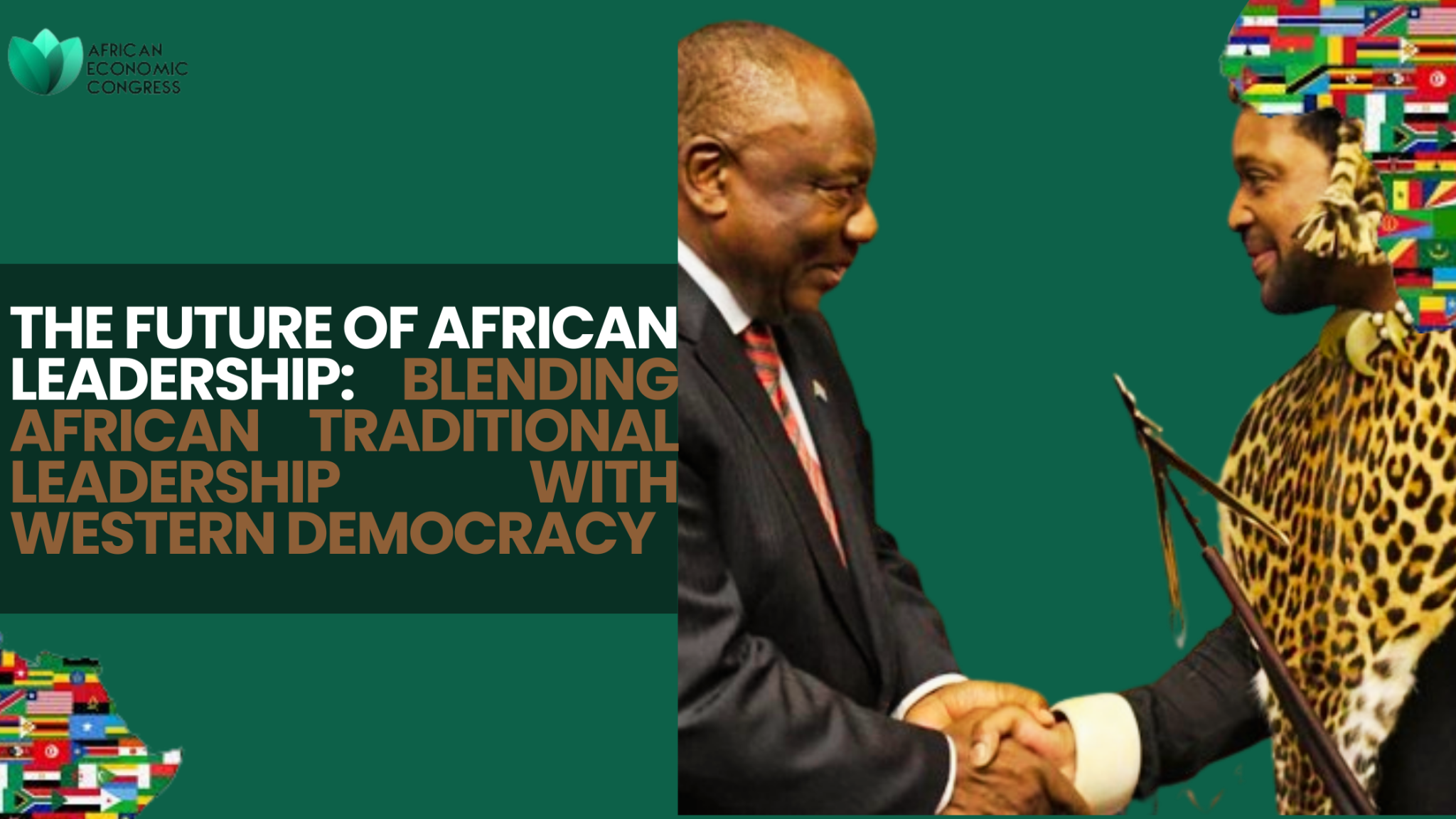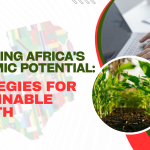Africa, with its diverse culture, tribes, and traditions, showcases a rich history of varied leadership styles. Historically, African leadership has spanned different forms of government from ancient kingdoms to tribal councils. With the influence of Western colonization, African leadership styles transitioned from these ancient patterns to Western democracy. Both leadership patterns have their drawbacks and implications for Africa’s development. In this blog post, we will explore how African traditional leadership can coexist with Western democracy to shape the future of leadership in African countries.
Embracing Cultural Heritage
The future of African leadership cannot be discussed without acknowledging and considering the continent’s cultural heritage. African traditional rulers have long played pivotal roles in governance and community cohesion. In ancient African communities, traditional leaders authoritatively served as mentors, guides, and leaders of their respective communities.
Challenges of Western Democracy
Western democracy introduced a government style that promises accountability, representation, and participation. Although Western democracy brings numerous benefits to Africa, it has encountered significant challenges in its implementation across various African countries. This is due to the wide disconnection between the democratic leadership system and the culture and historical experience of Africans.
The Solution: Blending Western Democracy and African Traditional Leadership
The future of African leadership is not about erasing Western democracy or replacing it with another system of government. Instead, it should integrate both African traditional leadership and Western democracy. Africa should develop a system of government that incorporates African cultures, norms, and values within a democratic framework.
Case Studies of Success
Many African countries, like Botswana and Ghana, have successfully integrated traditional leadership with democratic governance. In Botswana, for instance, the kgosi (chief) system operates alongside elected officials, contributing to stability and grassroots participation. Ghana has similarly embraced chieftaincy institutions within its democratic framework, recognizing their role in preserving local customs and fostering development.
Challenges to Overcome
The blending of African traditional leadership and Western democracy as a future system of government may encounter obstacles in the implementation process. Challenges such as gender equality, human rights, and the amalgamation of traditional leadership and Western democracy require careful consideration to ensure the maintenance of African norms and the provision of human rights.
The future of African leadership depends on a synthesis of these diverse influences. It calls for an approach that leverages the strengths of both African traditional leadership and Western democratic ideas. This synthesis can be achieved through:
- Inclusive Governance Structures: Establishing mechanisms that incorporate both traditional leaders and politicians in the governance process, including decision-making, policy creation, and implementation.
- Educational Reforms: Designing and promoting a civic education curriculum that emphasizes both democratic ideas and traditional leadership inclusion, educating citizens on the value of collaborative ideas in African leadership.
- Innovative Policies: Creating new policies that integrate Western democracy and indigenous systems, considering local solutions for local problems and Western ideas for modern issues.
- Regional Cooperation: Promoting dialogue among African nations to share best practices and experiences in integrating traditional and Western democratic frameworks in governance. Encouraging regional collaborations will sustain the integration of Western democracy and traditional governance styles as a new system in Africa.
Conclusively, the future of African leadership depends on embracing diversity and learning from both traditional and Western democratic systems of government. By blending African traditional leadership with the ideologies of Western democracy, Africa can achieve progress and improvement in leadership and economic development.



